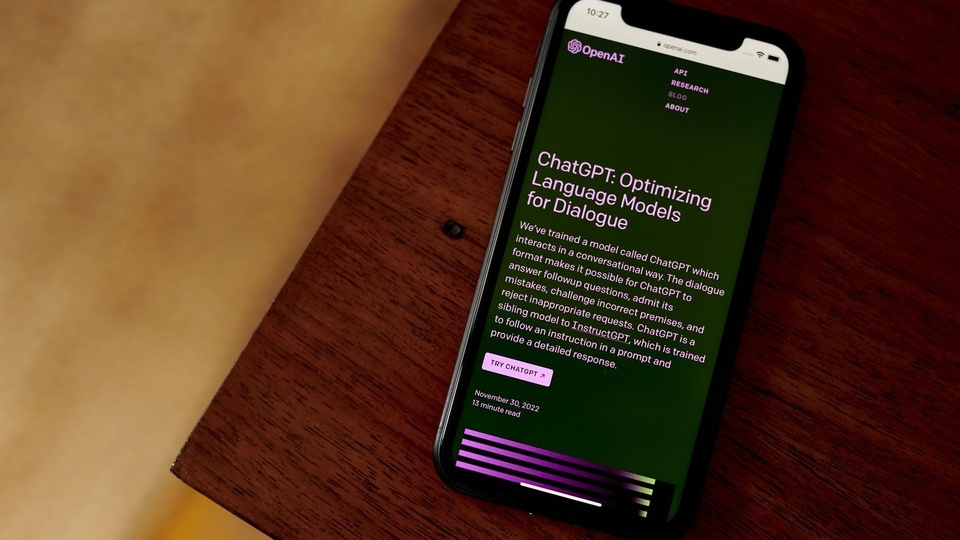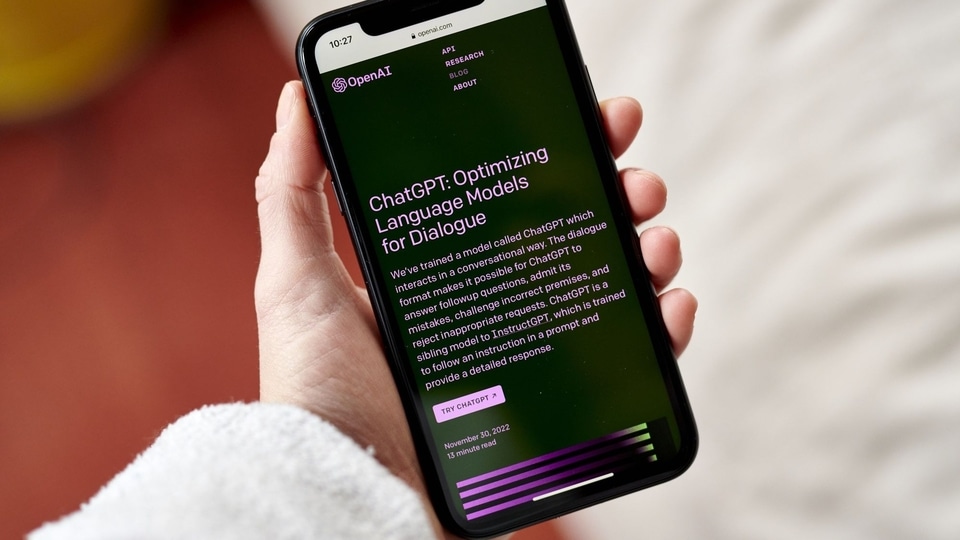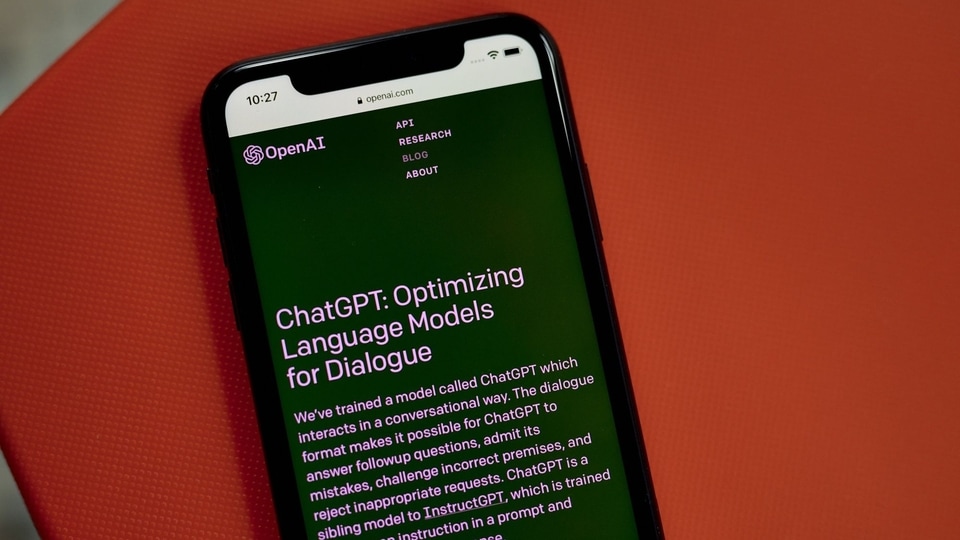ChatGPT limited in producing environmental justice information on rural counties: US study
Researchers have discovered the limits to ChatGPT's ability to provide location-specific information about environmental justice issues, which they said possibly hint at the chatbot's geographic biases.







 View all Images
View all ImagesResearchers have discovered the limits to ChatGPT's ability to provide location-specific information about environmental justice issues, which they said possibly hint at the chatbot's geographic biases. The researchers at Virginia Tech University in the US asked ChatGPT to answer a prompt about the environmental justice issues in each of the 3,108 counties across the states of the country. ChatGPT is a generative artificial intelligence (AI) tool, developed by OpenAI, that is trained extensively on massive amounts of data in natural language. Such AI tools, also called large language models, can process, manipulate and generate textual responses based on users' requests, or "prompts".
The researchers found that while ChatGPT displayed an ability to identify location-specific environmental justice challenges in large, high-density population areas, the tool had limitations when it came to local environmental justice issues.
They said that the AI model could provide location-specific information for only about 17 per cent, or 515, of the total 3,018 counties it was asked about. Their findings are published in the journal Telematics and Informatics.
"We need to investigate the limitations of the technology to ensure that future developers recognise the possibilities of biases. That was the driving motivation of this research," said Junghwan Kim, assistant professor at the Virginia Tech University and the study's corresponding author.
The researchers said they chose environmental justice as the subject for the investigation to expand the range of questions typically used to test the performance of generative AI tools.
The US Department of Energy describes environmental justice as the "fair treatment and meaningful involvement of all people, regardless of race, colour, national origin, or income, with respect to the development, implementation, and enforcement of environmental laws, regulations, and policies".
Asking questions county-wise allowed the researchers to measure ChatGPT's responses against sociodemographic parameters such as population density and median household income, they said. The populations in the counties they surveyed ranged from 1,00,19,635 (Los Angeles County, California) to 83 (Loving County, Texas).
The team found that in rural states such as Idaho and New Hampshire, more than 90 per cent of the population lived in counties that could not receive local-specific information.
On the other hand, in states with larger urban populations such as Delaware or California, fewer than one per cent of the population lived in counties that cannot receive specific information, the researchers said.
"While more study is needed, our findings reveal that geographic biases currently exist in the ChatGPT model," said Kim, who teaches in the Department of Geography.
The findings hinted at issues regarding the "reliability and resiliency of large-language models", according to study co-author Ismini Lourentzou, who teaches in the Department of Computer Science.
"This is a starting point to investigate how programmers and AI developers might be able to anticipate and mitigate the disparity of information between big and small cities, between urban and rural environments," Kim added.
Catch all the Latest Tech News, Mobile News, Laptop News, Gaming news, Wearables News , How To News, also keep up with us on Whatsapp channel,Twitter, Facebook, Google News, and Instagram. For our latest videos, subscribe to our YouTube channel.































